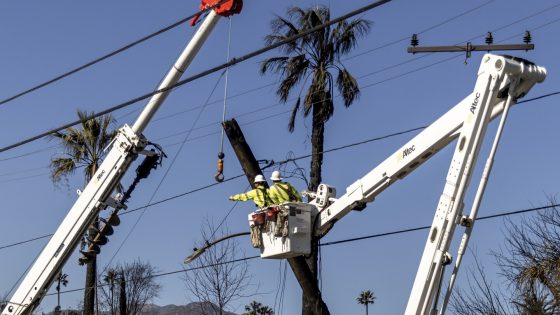On February 9, 2025, Elon Musk was highlighted as a key figure in defense innovation during discussions involving President Trump. Musk’s unique talents were described as potentially transformative for the defense sector, with Trump expressing confidence in Musk’s ability to uncover significant waste within Pentagon operations.
- Elon Musk's talent could transform defense.
- Trump expects Musk to uncover Pentagon waste.
- Musk defended as 'terrific' by Trump.
- Predictions of billions found in waste.
- Musk credited for identifying fraud and abuse.
The conversation surrounding Elon Musk’s role in defense has gained momentum following President Trump’s remarks about the potential financial efficiencies that could be realized. Trump emphasized that he expects Musk to leverage his skills to discover billions of dollars in wasteful spending within the Pentagon. This assertion aligns with ongoing discussions about improving accountability and transparency within government contracts.
Key points from Trump’s statements include:
- Musk is viewed as a “great master” capable of identifying inefficiencies.
- Trump anticipates that upcoming directives related to DOGE (Dogecoin) will reveal additional areas for cost savings.
- The collaboration between private industry leaders like Musk and government entities is seen as essential for modernizing defense strategies.
In addition to these claims, Trump defended Musk during a Super Bowl interview, labeling him as “terrific.” The relationship between the two figures appears to be mutually beneficial, with both parties recognizing the importance of innovative approaches in addressing fiscal challenges faced by the military. As this dialogue continues, it may lead to new partnerships aimed at enhancing efficiency across various sectors.
The focus on Elon Musk’s capabilities highlights an evolving perspective on how private sector innovations can intersect with public sector needs. With predictions of uncovering substantial financial waste, there is potential for significant changes in how resources are allocated within the Department of Defense.






























